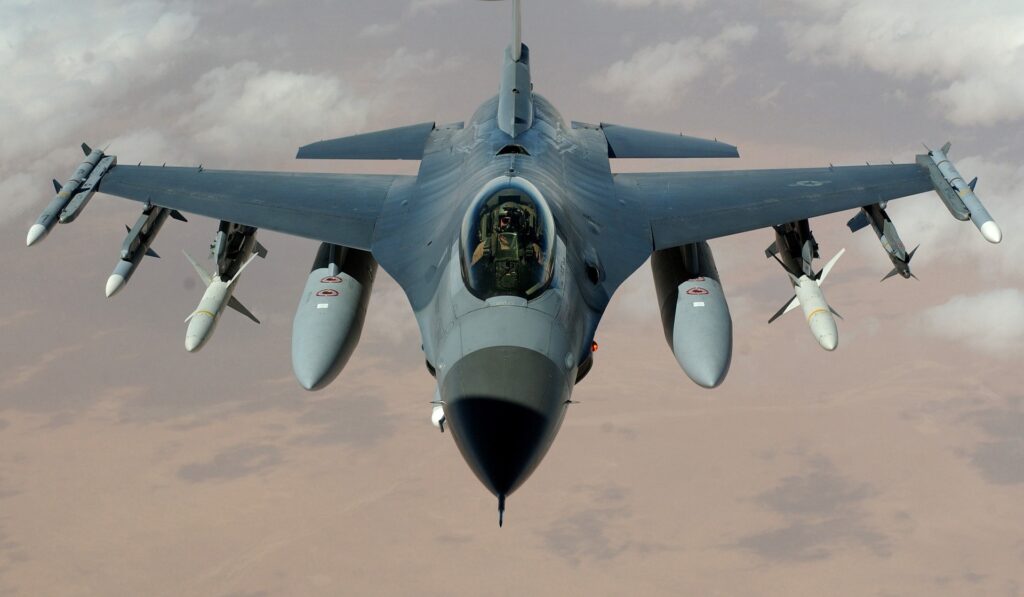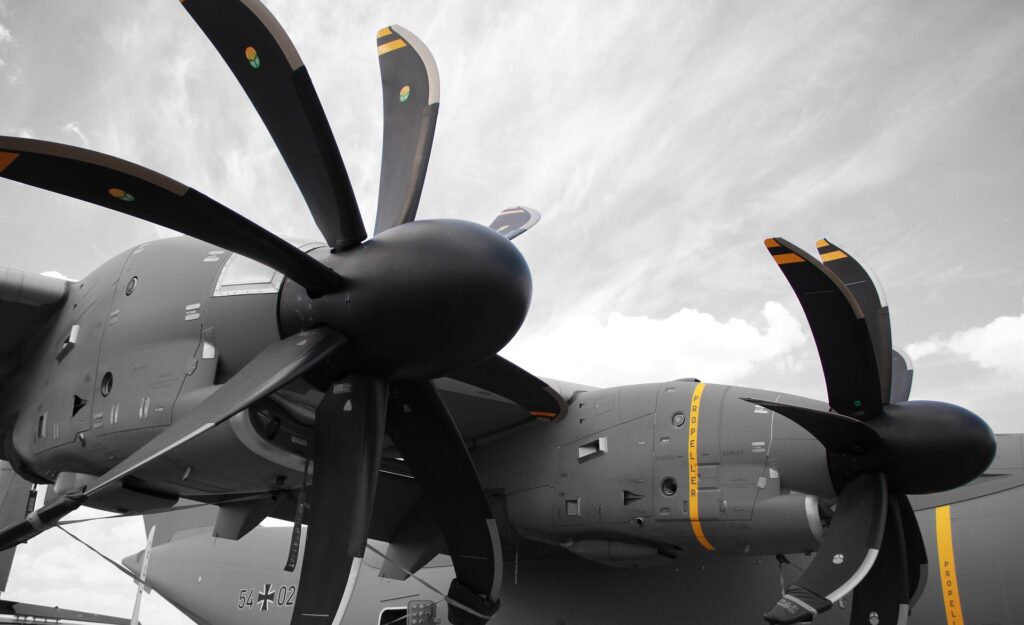In recent years, global geopolitical tensions have been steadily rising, with major powers engaged in a complex and multifaceted struggle. The rivalry between Russia and the United States is particularly prominent, with both nations involved in strategic maneuvers across multiple regions. Recently, Russia has escalated its military support for Iran, a move that not only serves as a response to U.S. actions but also further destabilizes global affairs. This article will delve into the background, motivations, and potential international consequences of Russia’s decision to deploy air defense systems to Iran.
The Background of Russian-Iranian Military Cooperation

The relationship between Russia and Iran has a long history. Although the two nations have had their differences in the past, their collaboration has deepened in recent years, driven by shared interests. Since the onset of the Syrian civil war, Iran and Russia have closely cooperated in supporting the Assad regime, aligning their strategic goals in the Middle East. For Russia, Iran is not just a key ally in the region but also a crucial partner in countering U.S. and Israeli influence.
The Strategic Importance of the S-400 Air Defense System

The S-400 “Triumf” air defense system is one of Russia’s most advanced military assets, renowned for its ability to intercept a wide range of aerial threats, including aircraft, drones, and cruise missiles. Since its introduction, the S-400 has been seen as a symbol of Russian military prowess. As relations between Russia and Western countries have deteriorated, the S-400 has also become a geopolitical tool, with Russia using its sale to strengthen ties with allies and challenge Western military dominance.
Russia’s Military Support for Iran: Retaliation and Strategy
Israel’s Actions in Iran and the Subsequent Fallout
Following Israel’s assassination of Hamas leader Ismail Haniyeh in Tehran, anti-Israeli sentiment in Iran has surged dramatically. While Haniyeh’s death dealt a significant blow to Hamas, it has also escalated tensions between Iran and Israel. Tehran has publicly vowed to deliver a “major response” to this incident, and Russia’s increased military support is seen as a critical backing for Iran in this context.
The Delivery of the S-400 System: A Symbolic Retaliation
Reports from The New York Times indicate that Russia has begun delivering radar and air defense equipment to Iran, potentially including components of the S-400 air defense system. While the report does not specify the exact types of weapons being delivered, Iran has long sought to acquire the S-400 system. Thus, Russia’s actions are widely interpreted as a form of “retaliation” against the U.S. for arming Ukraine. By supplying advanced weaponry to one of America’s and Israel’s chief adversaries in the Middle East, Russia is not only supporting Iran strategically but also sending a clear warning to Washington and its allies.
The Motivations and Goals Behind Russian-Iranian Military Cooperation
The Context of the Russia-Ukraine Conflict
The conflict between Russia and Ukraine has been ongoing since 2014. Despite repeated calls from the international community for a diplomatic resolution, tensions between Russia and Western nations have only deepened, particularly after the U.S. and European countries provided military and financial support to Ukraine. In this context, Russia’s decision to bolster Iran’s military capabilities can be seen as an effort to gain a strategic advantage in the Middle East and to push back against Western pressure.
Iran’s Support for Russia

During the Russia-Ukraine conflict, Iran has supplied Russia with military equipment, including drones, helping Moscow to address shortages caused by sanctions. This bilateral military cooperation has brought the two countries closer together. Russia’s support for Iran can be viewed as a reciprocation of Iran’s past assistance, as well as a way for Russia to secure more leverage in future international negotiations.
International Reactions and Potential Implications
Israel’s Response Strategy
As Russia strengthens its military support for Iran, Israel is undoubtedly feeling the pressure from its northern neighbor. Although Israel has significant military capabilities, the potential deployment of the S-400 air defense system in Iran poses a serious challenge to Israeli air operations.
In response, there has been intense debate within the Israeli government about the possibility of launching a “preemptive strike.” While Israel has conducted numerous airstrikes on Iranian targets in Syria over the past few years, attacking targets within Iran itself carries far greater risks. If Iran does indeed acquire the S-400 system, Israel will need to carefully consider the increased threat to its aircraft before carrying out any airstrikes.

U.S. Strategic Considerations
The United States has long considered Israel its primary ally in the Middle East. With Russia increasing its military support for Iran, the U.S. may feel compelled to enhance its military assistance to Israel, providing more advanced weapons systems to counter this new threat. At the same time, Washington will need to take more active diplomatic steps to prevent further escalation in the Middle East.
Russia’s Double Standard?
Russia’s Approach in Syria vs. Its Actions in Iran
Interestingly, while Russia has deployed extensive air defense systems in Syria, where it operates multiple military bases, it has shown restraint in responding to Israeli airstrikes. In Syria, Russia and Israel have maintained a tacit understanding that allows the latter to target Iranian assets within Syria under certain conditions, whereas in Iran, Russia is actively bolstering Tehran’s military capabilities.
The Risk to Russia’s International Reputation
Western media and commentators have noted that if Russia delivers the S-400 system to Iran and these systems are subsequently destroyed by Israel, it would be a significant blow to Russia’s international reputation. The S-400 is touted as one of the world’s most advanced air defense systems, and any failure to perform in combat would not only damage Russia’s military image but could also affect its future weapons exports.
The Future of Middle Eastern Geopolitics
Iran’s Potential Response
With the arrival of Russian air defense systems, Iran may adopt a more aggressive stance, posing an even greater threat to Israel and its allies. Tehran has long sought to bolster its military capabilities to counter Israeli airstrikes, and the deployment of the S-400 system could shift the balance of power in the region.
Israel’s Diplomatic Options
Faced with the increasingly complex situation in the Middle East, Israel may choose to strengthen its cooperation with the U.S. and other allies while applying diplomatic pressure on Russia to halt its military support for Iran. Israeli diplomats will need to strike a delicate balance between safeguarding national security and avoiding further escalation of international conflicts.
Conclusion: The Ongoing Power Struggle
Russia’s deployment of air defense systems to Iran is undoubtedly part of the global power struggle. This move is not only a response to the United States but also reflects Russia’s strategic recalibration in the current international environment. The future of Middle Eastern geopolitics remains uncertain, but it is clear that as major powers continue to jockey for position, the global landscape will become increasingly complex and difficult to navigate.
Frequently Asked Questions
Why is Russia providing air defense systems to Iran? Russia’s primary motivation is to retaliate against U.S. military aid to Ukraine while also strengthening its strategic partnership with Iran.
What impact will the S-400 air defense system have on the Middle East? The deployment of the S-400 system could alter the regional power balance, making it riskier for Israel to conduct airstrikes on Iranian targets and escalating tensions in the region.
Has Iran already received the S-400 system? There has been no official confirmation, but multiple reports suggest that Russia may be in the process of delivering components of the S-400 air defense system to Iran.
How might Israel respond to this threat? Israel may consider a preemptive strike strategy or seek to bolster its alliances and military capabilities to counter this new threat.
What is the U.S. stance on Russia’s actions? The U.S. is concerned about Russia’s military support for Iran and may increase its military aid to Israel to counterbalance this new challenge.
What are the potential future developments in the Middle East? The future of the region will depend on the actions of the involved parties. If Iran’s defense capabilities increase, regional tensions are likely to escalate further.
More Information: https://www.inves2win.com/
